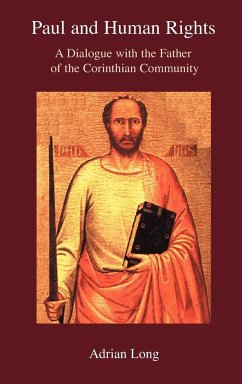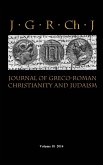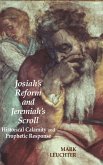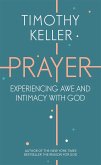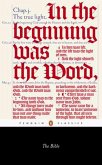Unless biblical studies in any generation engages with the concrete issues and concerns of its day, it is likely to paint itself into an irrelevant scholarly corner. In a world shaped by the rhetoric and structures of 'human rights' (though struggling to accept and apply them) it is surprising that biblical scholars have largely failed to engage rights notions. Paul and Human Rights brings a biblical perspective to human rights by constructing a dialogue between them and the Paul of the Corinthian correspondence on key issues of power, equality and social structure. The concept of human rights would have been alien to Paul, yet his Corinthian letters provide evidence of a sustained interaction with the kinds of issues we talk of in human rights terms. Long here explores Paul's emotive, manipulative language of mimesis, apostleship and fatherhood in conversation with human rights values. Similarly, Paul's social engineering and instructions regarding women and slaves are examined against the backdrop of human rights ideas about social structure and equality. Unlike some other writers, Long's aim is neither to laud nor denigrate either Paul or human rights. His purpose is to build a dialogue where both can be heard and each can contribute to thinking about the other. In particular, the cruciform, other-orientation of Pauline servanthood provides a framework within which to consider how human rights ideas might continue to shape readings of Paul, and how Pauline perspectives might offer a critical alternative to the limited agenda of much contemporary human-rights thinking.
Hinweis: Dieser Artikel kann nur an eine deutsche Lieferadresse ausgeliefert werden.
Hinweis: Dieser Artikel kann nur an eine deutsche Lieferadresse ausgeliefert werden.

